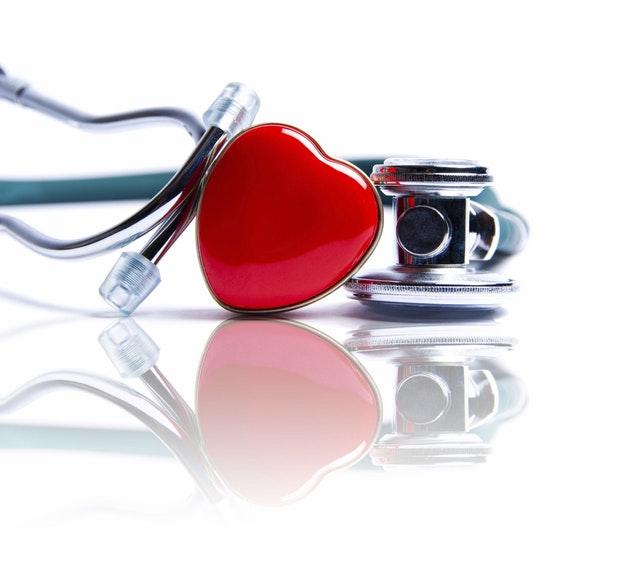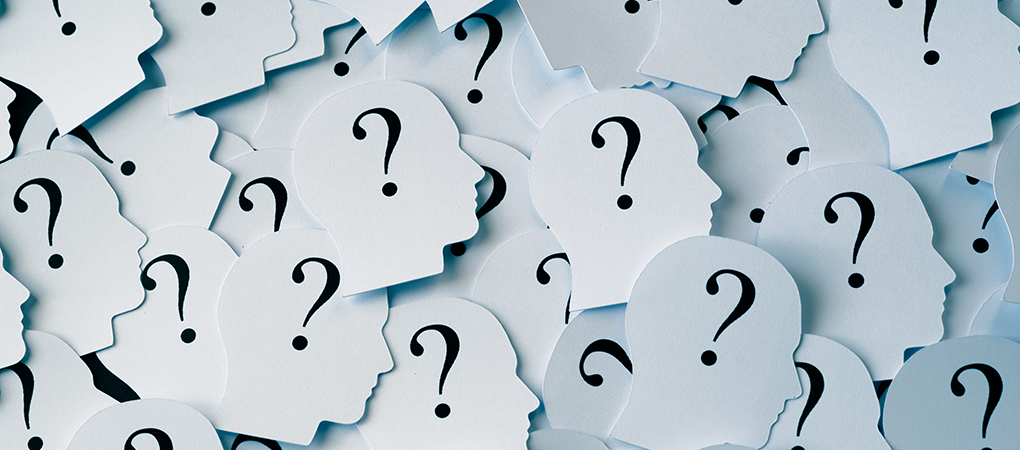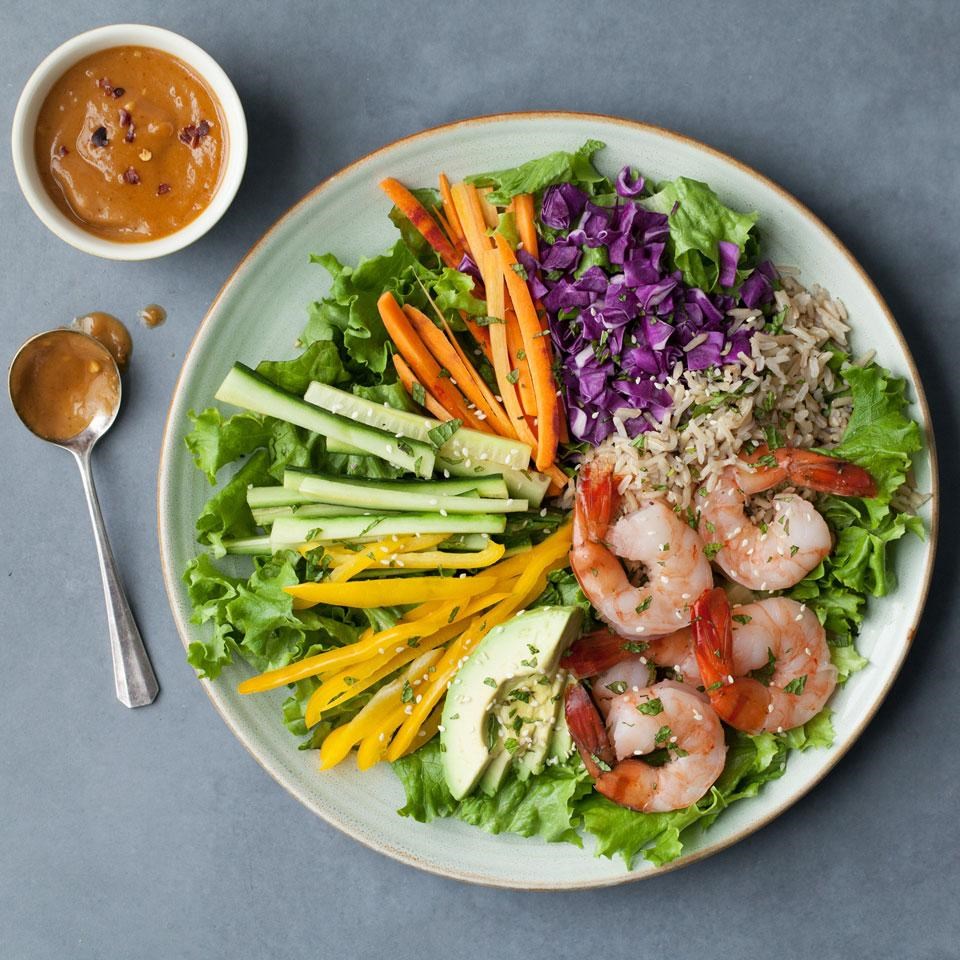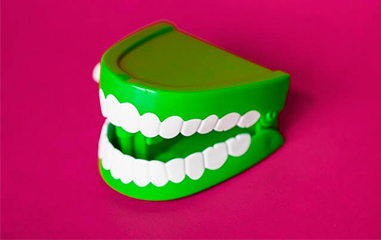Heart Attack

A heart attack is a medical emergency. Call 108 or your local emergency number if you think you or someone else is having a heart attack.
The average person waits 3 hours before seeking help for symptoms of a heart attack. Many heart attack patients die before they reach a hospital. The sooner the person gets to the emergency room, the better the chance of survival. Prompt medical treatment reduces the amount of heart damage.
Causes
A heart attack occurs when the blood flow that carries oxygen to the heart is blocked. The heart muscle becomes starved for oxygen and begins to die.
Symptoms
Symptoms of a heart attack can vary from person to person. They may be mild or severe.
Symptoms in adults may include:
- Changes in mental status, especially in older adults.
- Chest pain that feels like pressure, squeezing, or fullness. The pain is most often in the centre of the chest. It can last for more than a few minutes, or come and go.
- Cold sweat.
- Light headedness.
- Nausea
- Numbness, aching, or tingling in the arm (usually the left arm, but the right arm may be affected alone, or along with the left).
- Shortness of breath.
- Weakness or fatigue.
First Aid
If you think someone is having a heart attack:
- Have the person sit down, rest, and try to keep calm.
- Loosen any tight clothing.
- Ask if the person takes any chest pain medicine such as nitroglycerin for a known heart condition help them take it.
- If the pain does not go away promptly with rest or within 3 minutes of taking nitroglycerin, call for emergency medical help.
- If the person is unconscious and unresponsive, call 108 (or your local emergency number) and begin CPR.
- Continue CPR till the person recover or you get a medical support
How to do CPR?
- Check the response
- Check the carotid pulse for less than 10 second.
- If in case of feeble pulse or no pulse start CPR. Perform 30 compression and 2 breathing and continue the cycle
Do Not:
- Do NOT leave the person alone except to call for help if necessary.
- Do NOT allow the person to deny the symptoms and convince you not to call for emergency help.
- Do NOT wait to see if the symptoms go away.
- Do NOT give the person anything by mouth unless a heart medicine (such as nitroglycerin) has been prescribed.
Prevention
Adults should take steps to control heart disease risk factors whenever possible.
- If you smoke, quit. Smoking more than doubles the chance of developing heart disease.
- Keep blood pressure, cholesterol, and diabetes in good control and follow your health care provider’s orders.
- Lose weight if obese or overweight.
- Get regular exercise to improve heart health.
- Eat a heart-healthy diet.
- Limit the amount of alcohol you drink. One drink a day is associated with reducing the rate of heart attacks.
To read more on First Aid, click on the link below.












